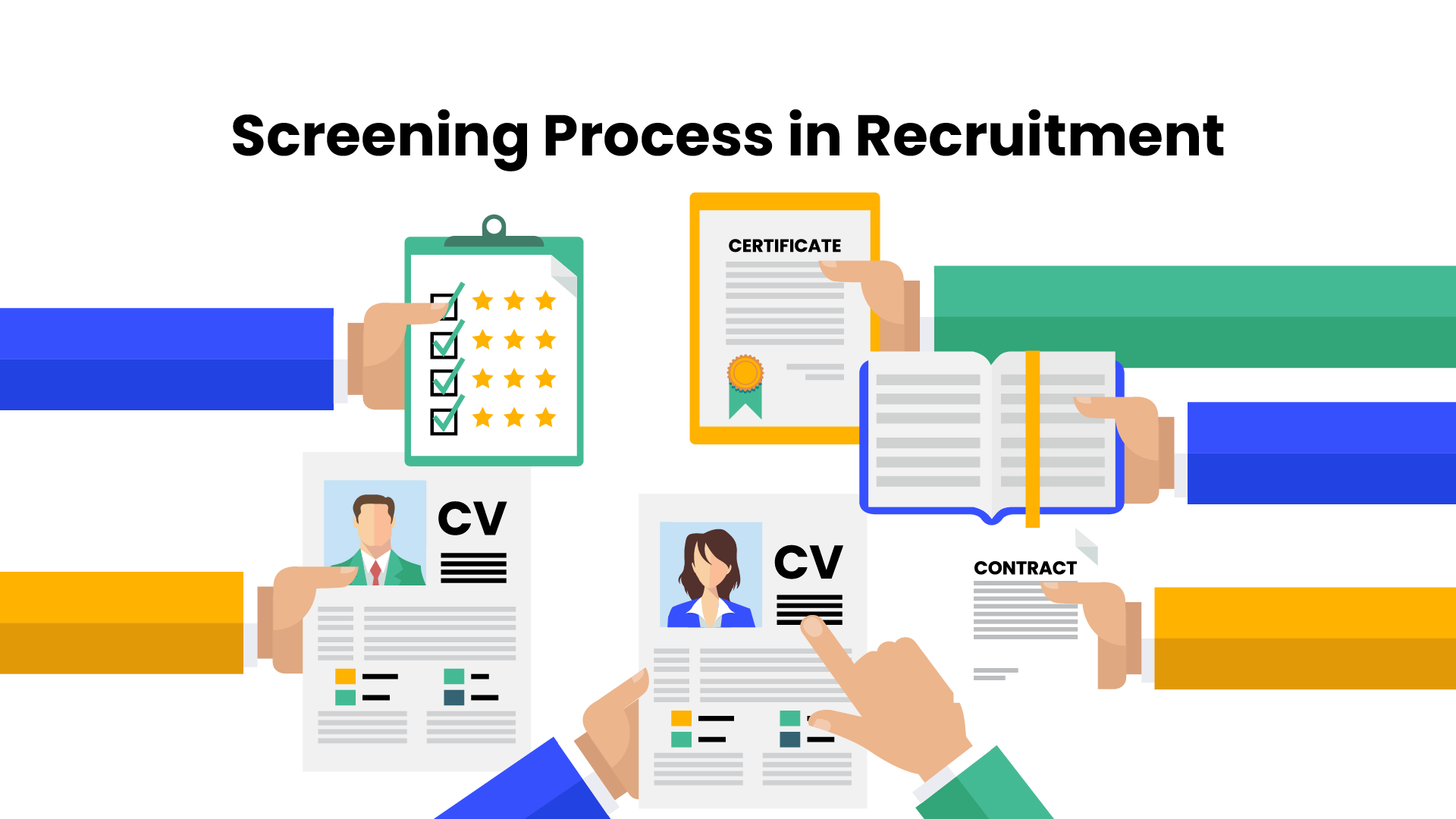
Learn the five most common screening methods, why they matter, and how the right tools help teams hire faster with clearer decisions.

“Do you have something to ask?”
This simple question from the interviewer might seem like a formality. However, it’s one of the most critical moments of any job interview. What you say next can significantly influence the hiring manager’s impression of you. It is not just a chance to clarify details, it is also an opportunity to demonstrate your curiosity, professionalism, and alignment with the company’s vision.
In this article, we’ll explore why asking thoughtful questions is crucial and how to prepare for this moment. Then, we’ll provide you with 30 of the smartest questions to ask after an interview to leave a lasting impression.
When the interviewer invites you to ask questions, your response holds significant weight. Here’s why preparation is essential and how to strategically approach this stage of the interview.
Saying “no” or asking a generic question can give the impression that you are unprepared or not genuinely interested in the role. Worse, it could suggest that you haven’t researched the company or thought deeply about the role. Employers want to see that you are engaged, curious, and genuinely interested in contributing to their organization.
Asking well-thought-out questions demonstrates several key qualities. It shows engagement, signaling that you're paying attention and genuinely care about the opportunity. It also reflects curiosity, as you're eager to understand the company and your potential role better.
Additionally, asking insightful questions highlights your preparation, indicating that you've done your homework and are serious about the position. Lastly, it reveals alignment, as you're evaluating whether the organization fits with your career goals and values. This approach not only helps you gather valuable information but also leaves a positive impression on employers.
Now that you understand the importance of this stage, here are 30 well-crafted questions to consider. These are designed to help you gather insights and leave a positive impression.
This question helps you understand daily responsibilities and whether they align with your expectations.
This shows your eagerness to make an impact and clarifies what success looks like early on.
Understanding metrics and expectations can help you determine if you’re set up for success.
Learning about your potential colleagues gives you insights into team dynamics and collaboration.
This highlights your interest in contributing beyond your immediate role and working broadly within the company.
This helps you assess whether the company’s environment aligns with your values and work style.
Asking about accomplishments shows your interest in the company’s trajectory and success.
This question shows strategic thinking and helps you understand how you might contribute to overcoming challenges.
Demonstrating interest in learning opportunities reflects your commitment to long-term growth.
This shows you’re thinking about the bigger picture and how your role fits into the company’s future.
Understanding leadership approaches helps you gauge compatibility with your working style.
This provides insights into the team’s problem-solving and communication methods.
This question highlights your interest in leveraging and contributing to the team’s strengths.
Asking about future plans shows enthusiasm for contributing to meaningful work.
This gives you a sense of how achievements are recognized and morale is boosted.
This helps you understand how the company supports new hires during the transition.
Asking about training demonstrates your commitment to excelling in the role.
This shows your interest in understanding and preparing for the adjustment period.
Mentorship can be a valuable resource for professional growth, and this question shows foresight.
Asking about resources reflects your proactive approach to self-improvement.
This demonstrates your ambition and interest in a long-term career with the company.
Understanding this support helps you evaluate alignment with your aspirations.
This question provides clarity on growth potential within the organization.
Asking about leadership opportunities shows forward-thinking and initiative.
This shows strategic thinking and an interest in the company’s resilience and innovation.
This invites a personal response and builds rapport with the interviewer.
Learning about changes over time provides insights into growth and stability.
This shows openness to feedback and a desire to address any concerns proactively.
Asking about next steps demonstrates eagerness and professionalism.
Ending on this note shows your willingness to go the extra mile and your attention to detail.
The questions you ask after an interview can leave a lasting impression. Thoughtful and well-researched inquiries not only provide you with valuable information but also reinforce your enthusiasm for the role. Remember, this is your chance to evaluate the company and ensure it aligns with your career aspirations.
By preparing in advance and choosing questions that reflect your priorities, you’ll show the interviewer that you’re a candidate worth investing in. So, the next time you’re asked, “Do you have any questions for us?” take a deep breath, smile, and seize the opportunity to stand out.